Former Mexican cartel kingpin Ismael "El Mayo" Zambada is set to plead guilty next week in a drug trafficking case that accuses him of ordering torture, plotting murders and flooding the U.S. with cocaine, heroin and other illicit drugs.
A Brooklyn federal judge on Monday scheduled an Aug. 25 change of plea hearing for Zambada, a longtime leader of Mexico's Sinaloa cartel. The development comes two weeks after federal prosecutors said they wouldn't seek the death penalty against him.
Zambada, 77, pleaded not guilty last year to drug trafficking and related charges, including gun and money laundering offenses.
Under Zambada and co-founder Joaquín "El Chapo" Guzmán's leadership, prosecutors allege, the Sinaloa cartel evolved from a regional player into the largest drug trafficking organization in the world.
Judge Brian M. Cogan's order on Monday didn't provide details about Zambada's guilty plea and didn't list the charges he's expected to plead guilty to. The same judge sentenced Guzmán to life behind bars after he was convicted on drug trafficking charges in 2019.
Messages seeking comment were left for Zambada's lawyers. A spokesperson for the U.S. attorney's office in Brooklyn declined to comment.
Zambada was arrested in Texas last year after what he has described as a kidnapping in Mexico.
Sought by U.S. law enforcement for more than two decades, he was taken into custody after arriving in a private plane at a Texas airport with Guzmán's son, Joaquín Guzmán López. Guzmán López has pleaded not guilty to federal drug trafficking charges in Chicago; his brother, Ovidio Guzmán López, pleaded guilty last month.
Zambada has said he was kidnapped in Mexico and hauled to the U.S. by Guzmán López, whose lawyer denies those claims.
According to prosecutors, Zambada presided over a vast and violent operation, with an arsenal of military-grade weapons, a private security force akin to an army, and a corps of "sicarios," or hitmen, who carried out assassinations, kidnappings and torture. Just months before his arrest, he ordered the murder of his own nephew, prosecutors said.
On Aug. 5, prosecutors told Cogan in a letter that Attorney General Pam Bondi had directed them not to pursue the death penalty for Zambada.

Following the July arrests and Zambada's allegations of kidnapping, horrific fighting erupted in Mexico between a cartel faction loyal to him and another tied to the "Chapitos," Guzmán's sons.
The Chapitos have used corkscrews, electrocution and hot chiles to torture their rivals while some of their victims were "fed dead or alive to tigers," according to an indictment released by the U.S. Justice Department.
In recent months, bodies have appeared across Sinaloa, often left slung out on the streets or in cars with either sombreros on their heads or pizza slices or boxes pegged onto them with knives. The pizzas and sombreros have become informal symbols for the warring cartel factions, underscoring the brutality of their warfare.
Last week, Mexico sent 26 high-ranking cartel figures to the United States in the latest major deal with the Trump administration as American authorities ratchet up pressure on criminal networks smuggling drugs across the border.
Those handed over to U.S. custody include Abigael González Valencia, a leader of "Los Cuinis," a group closely aligned with notorious cartel Jalisco New Generation, or CJNG. Another defendant, Roberto Salazar, is wanted in connection to the 2008 killing of a Los Angeles County sheriff's deputy. Other prominent figures have ties to the Sinaloa Cartel and other violent drug trafficking groups.
Earlier this month, Mr. Trump directed the military to target drug cartels in Latin America, a source familiar with the matter confirmed to CBS News. It's not clear if or when the military could take action.
Mexico's President Claudia Sheinbaum responded by saying there would be "no invasion of Mexico."
Alaska Sen. Dan Sullivan on the Trump-Putin summit, sanctions and more
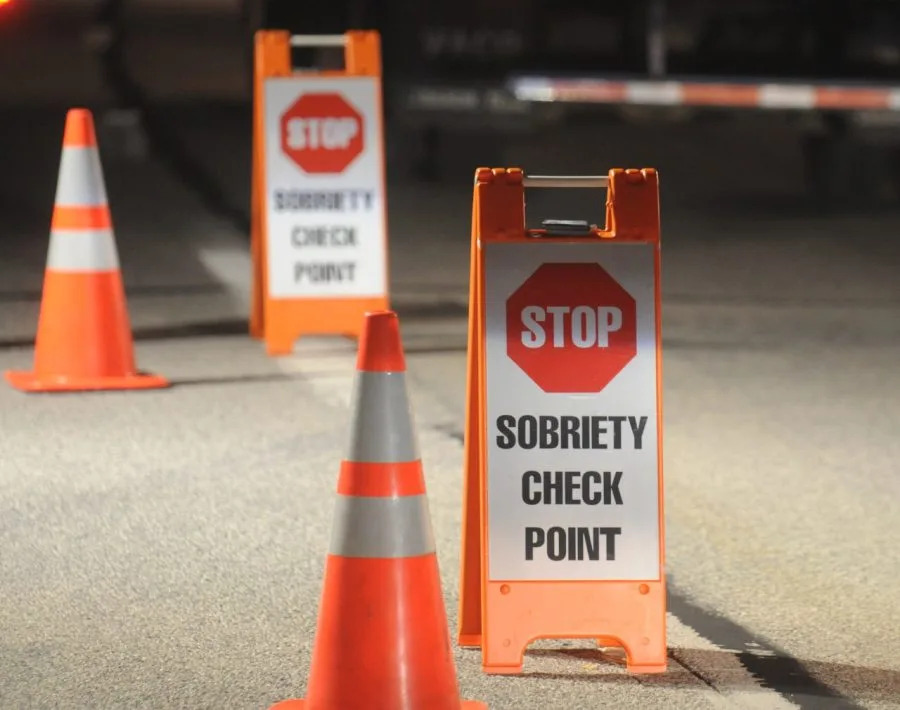

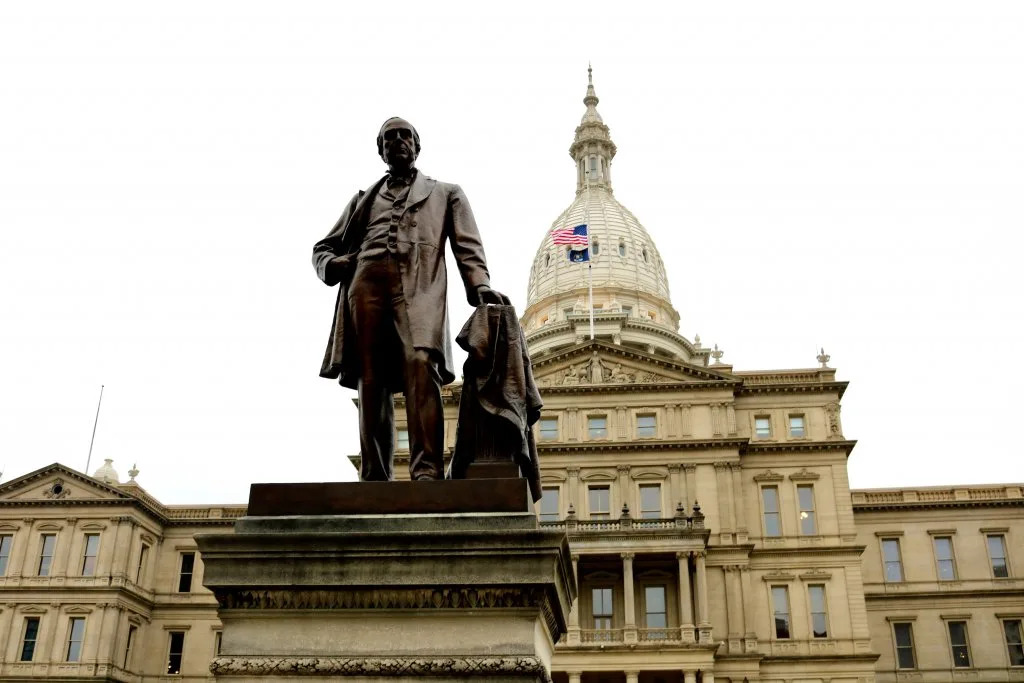

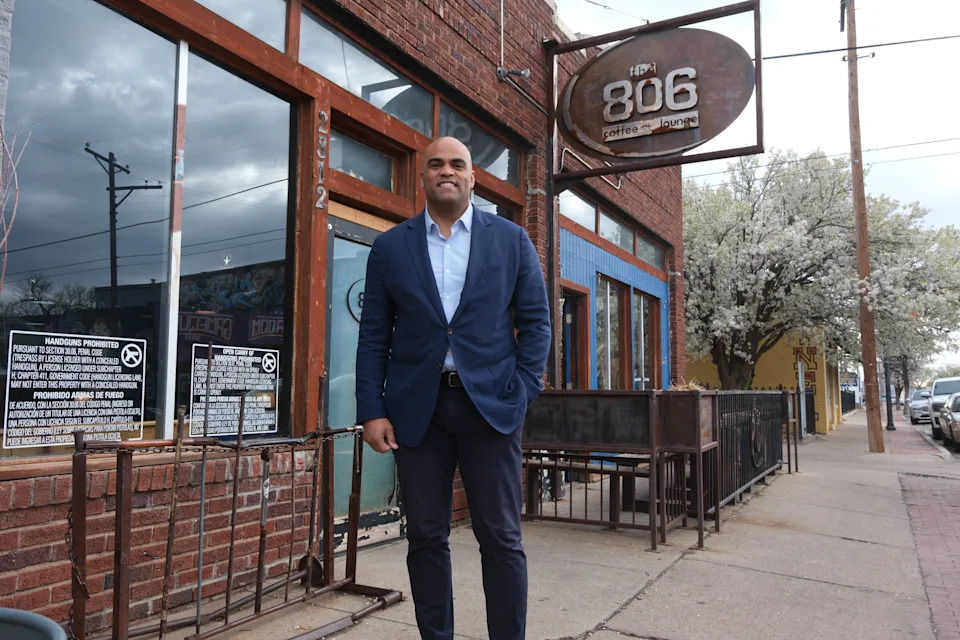
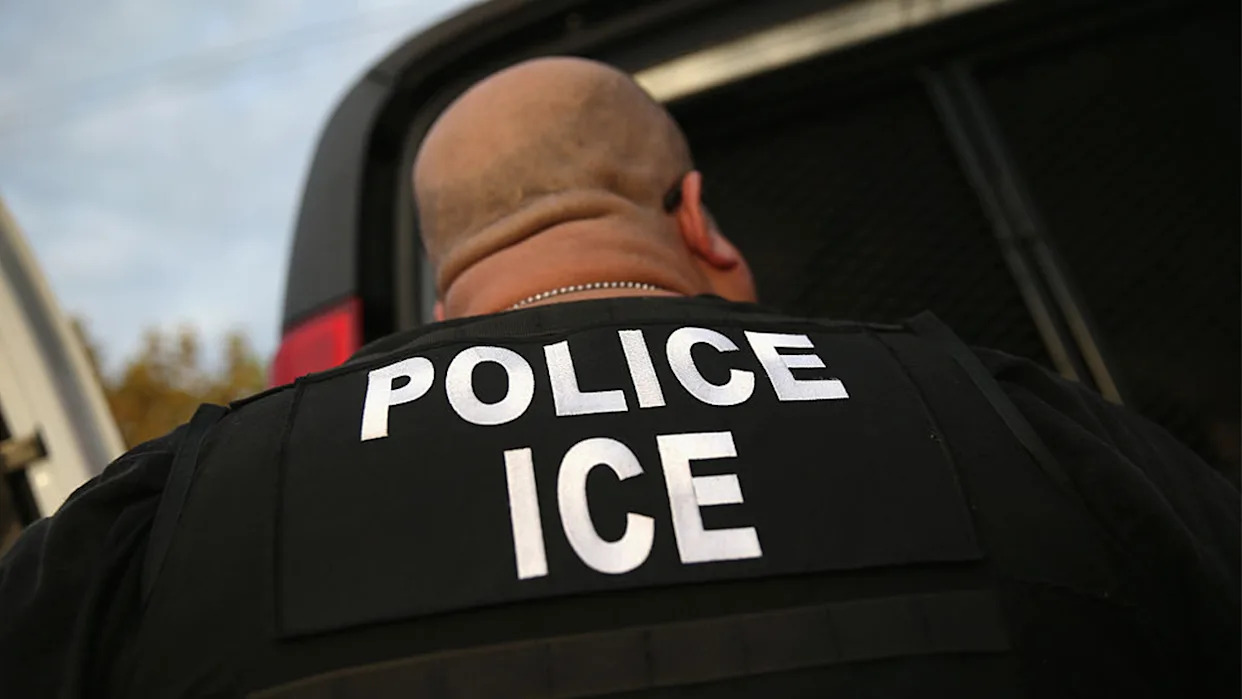

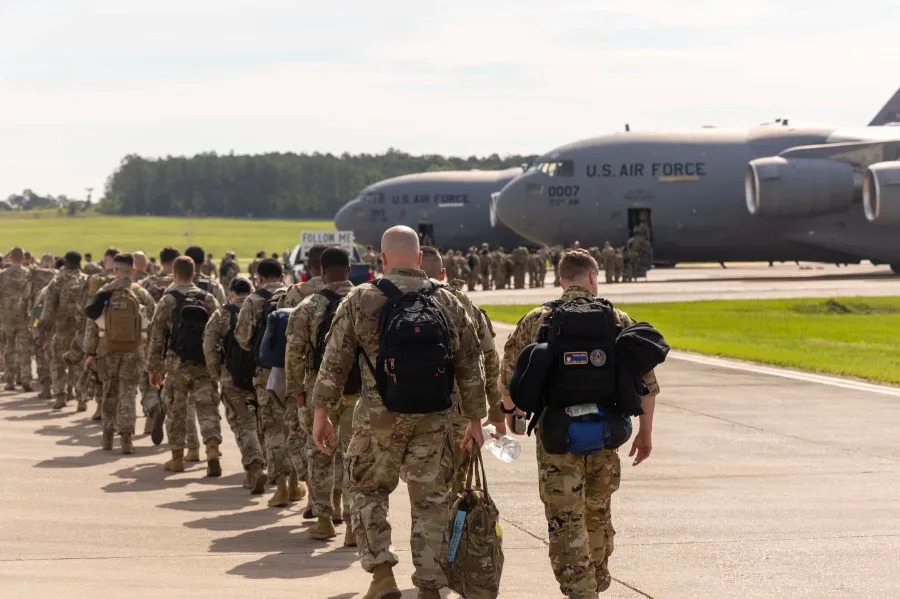
Comments